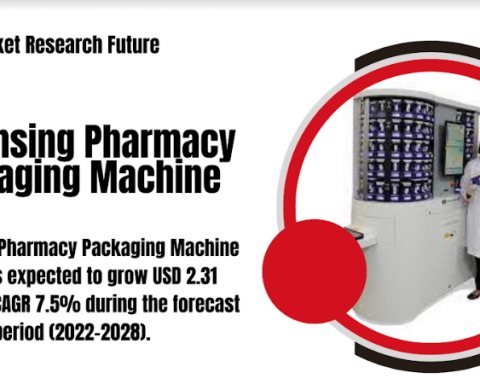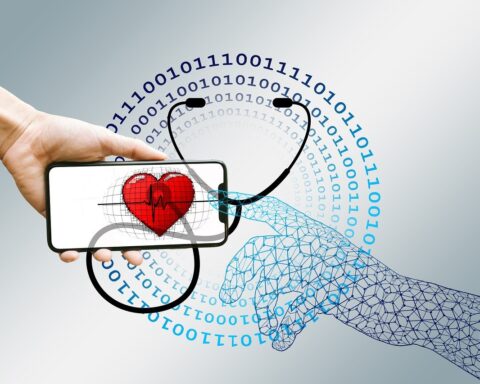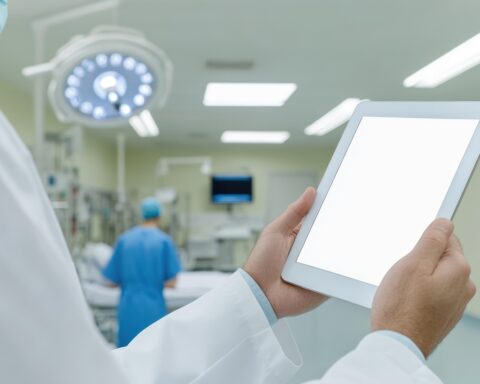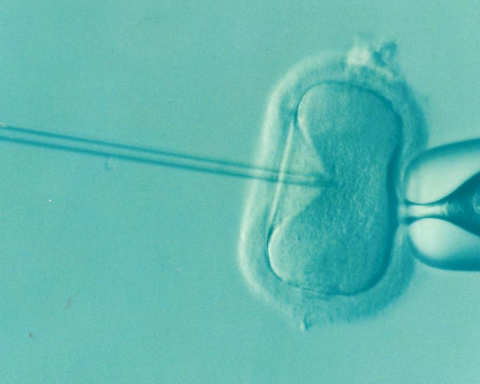The sneeze guard has been keeping employees at public counters, and food on display, safe from contagious diseases for a long time now, so it’s most certainly not a new invention. However, the need to install a sneeze guard in hospitals, pharmacies and other healthcare facilities is an absolute must in 2020 and beyond. Keeping the present situation in mind, here’s a brief look at why that is so.
Sneeze Guards Can Actively Prevent the Spread of Covid-19
There are already millions of people infected in the United States and this counter keeps rising by the tens of thousands, every single day. As complete lockdowns are no longer financially feasible, scores of infected people are driven to hospitals, pharmacies and other healthcare centers every single day. One stray sneeze from one of them could end up infecting the entire workforce of a healthcare facility eventually, because all the virus needs to do is infect one person at the beginning.
We cannot stop people with Covid-19 from sneezing, but a sneeze guard can stop the virus from getting to healthcare employees who must deal with multiple people at counters. All Sneeze Guard EZ products are solid pieces of glass, designed to keep microbes out, even when hit directly by infected droplets. Sneeze guards provide complete protection to all employees sitting at the reception, money counters, exam rooms, etc. because they quite simply do not have any pores.
Sneeze Guards Can Offer More Protection than Masks
Aside from certified respirators, most masks are not fully capable of keeping the coronavirus out. This is on account of two primary issues:
- All masks have pores because we would not be able to breathe otherwise
- The coronavirus is far too small for an ordinary mask to filter it out, on account of those pores
N-95 and other similarly equipped masks are still absolutely essential for doctors, nurses and everyone else working in direct patientcare, which is why the expensive respirators which are already short in supply, should be reserved mostly for those working in close proximity with admitted patients.
The germ shield on the other hand is a much more practical, cost-effective, permanent and more effective option for healthcare employees working the various counters. Tightly knit cloth masks can still provide secondary protection of course, but they cannot be compared to the protection offered by sneeze guards due to the complete nonporous construction of the plexiglass.
Going Beyond Public Counters
There is another section of a healthcare facility which can benefit from sneeze guards, and that’s the kitchen. Food protected before and after cooking with sneeze guards/germ shields has a much lower chance of being infected by any microbe, whether it’s a stomach bug or the new strain of coronavirus.
In addition to acting as a direct countermeasure against the virus’s spread, sneezeguards also serve as a sign of assurance. Both employees and incoming public feel more assured on seeing the germs shields in place. This holds true about a hospital or any other establishment which deals with multiple people on every working day. Examples would be banks, drive-throughs, retailers, etc. Alongside offering protection, these shields instill confidence about the institution’s governance in people.








